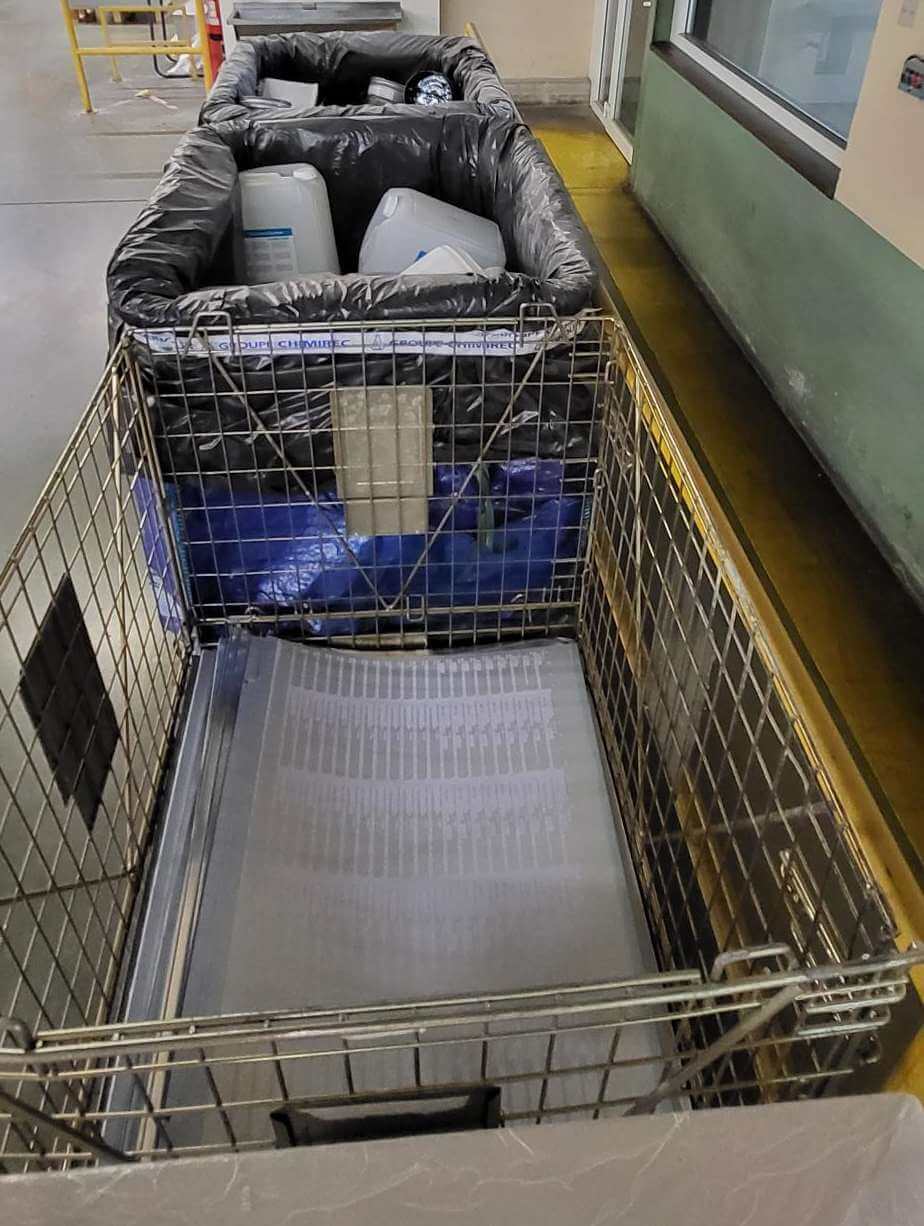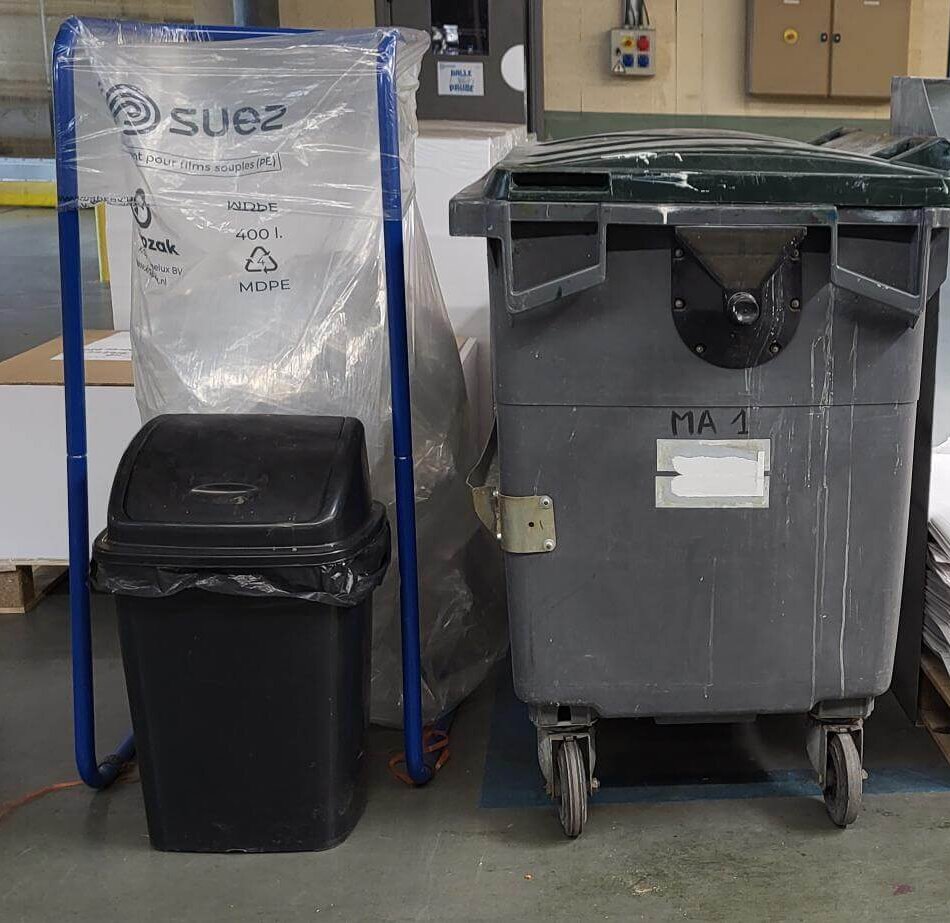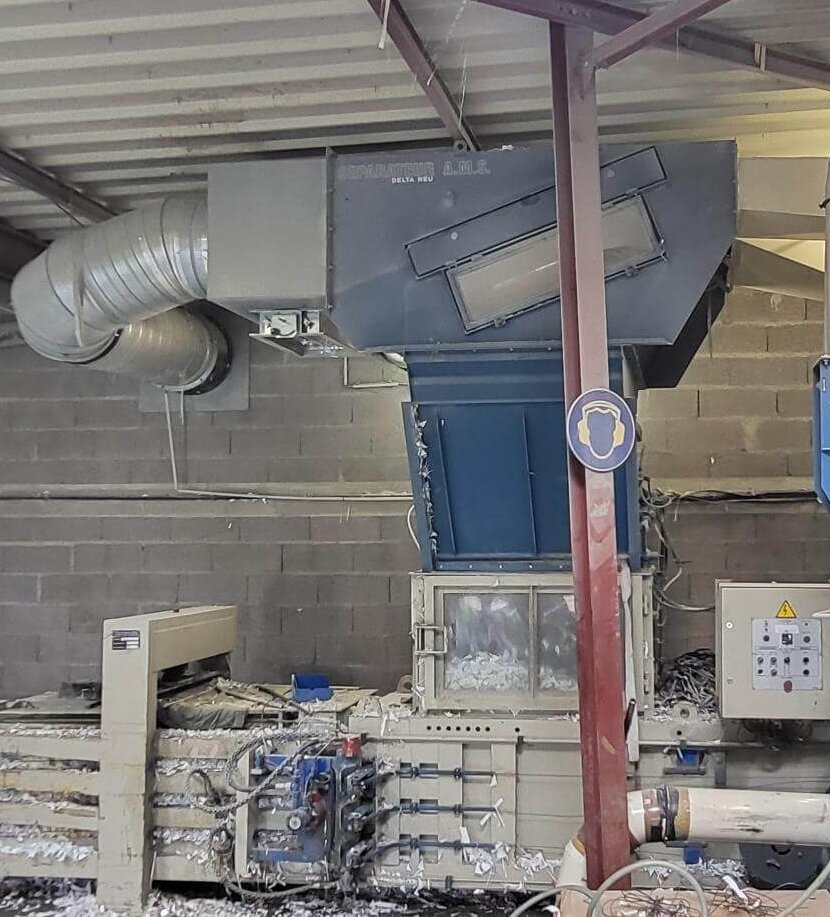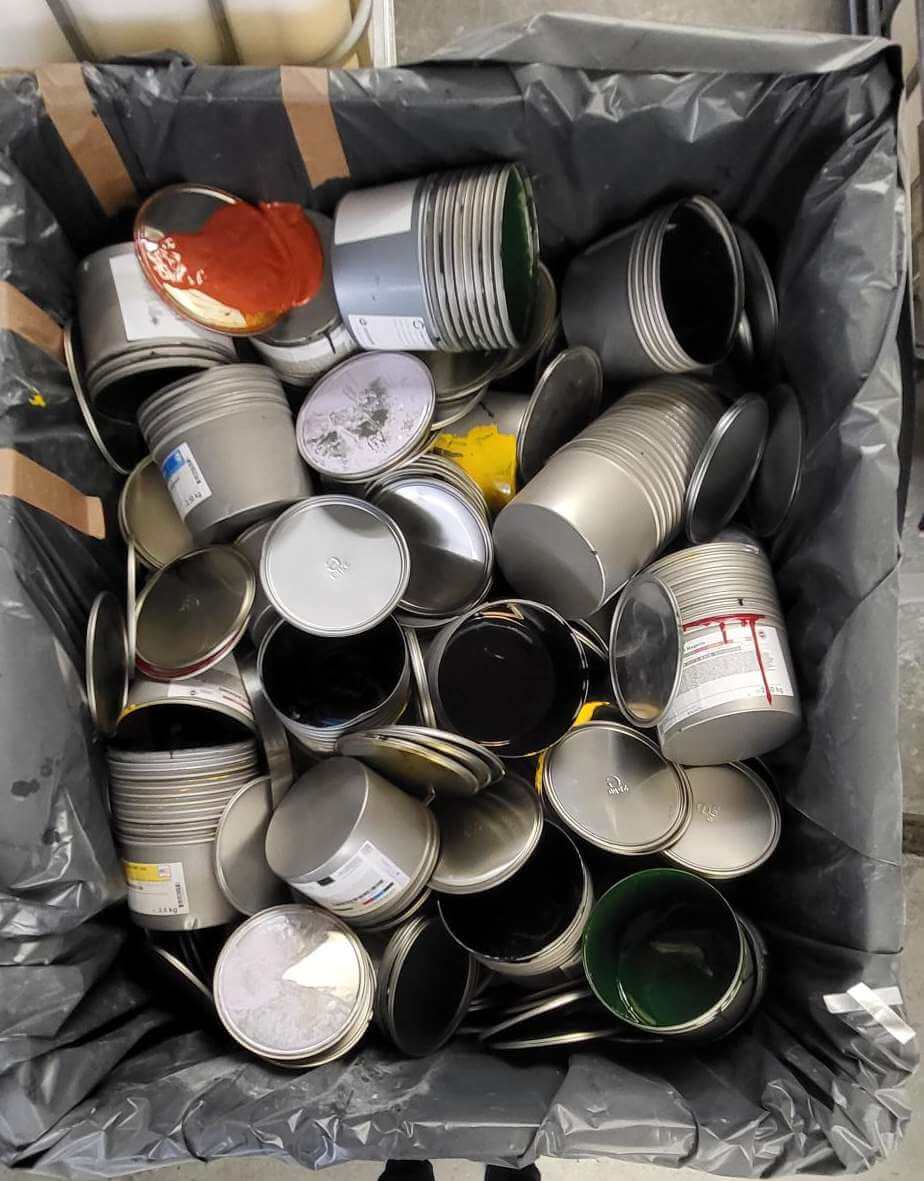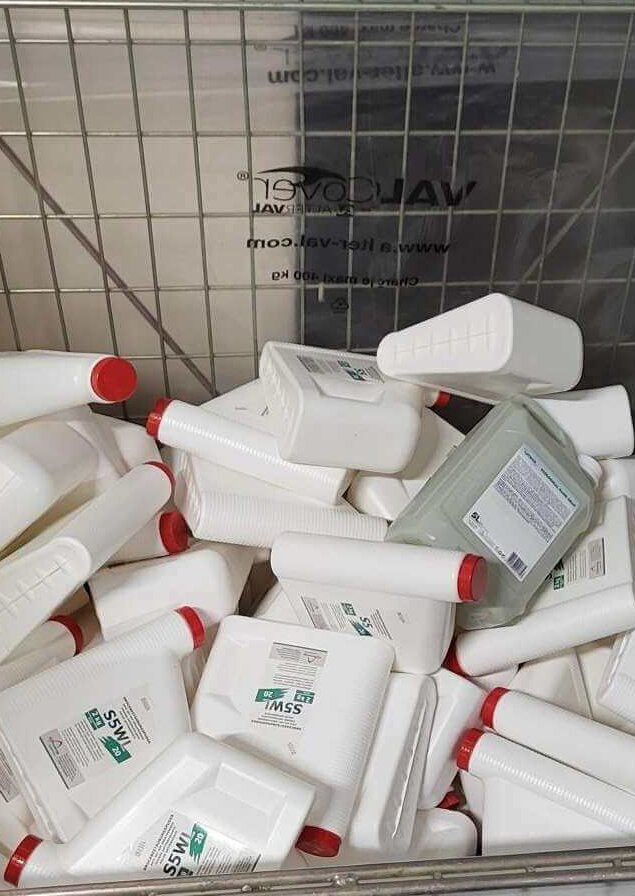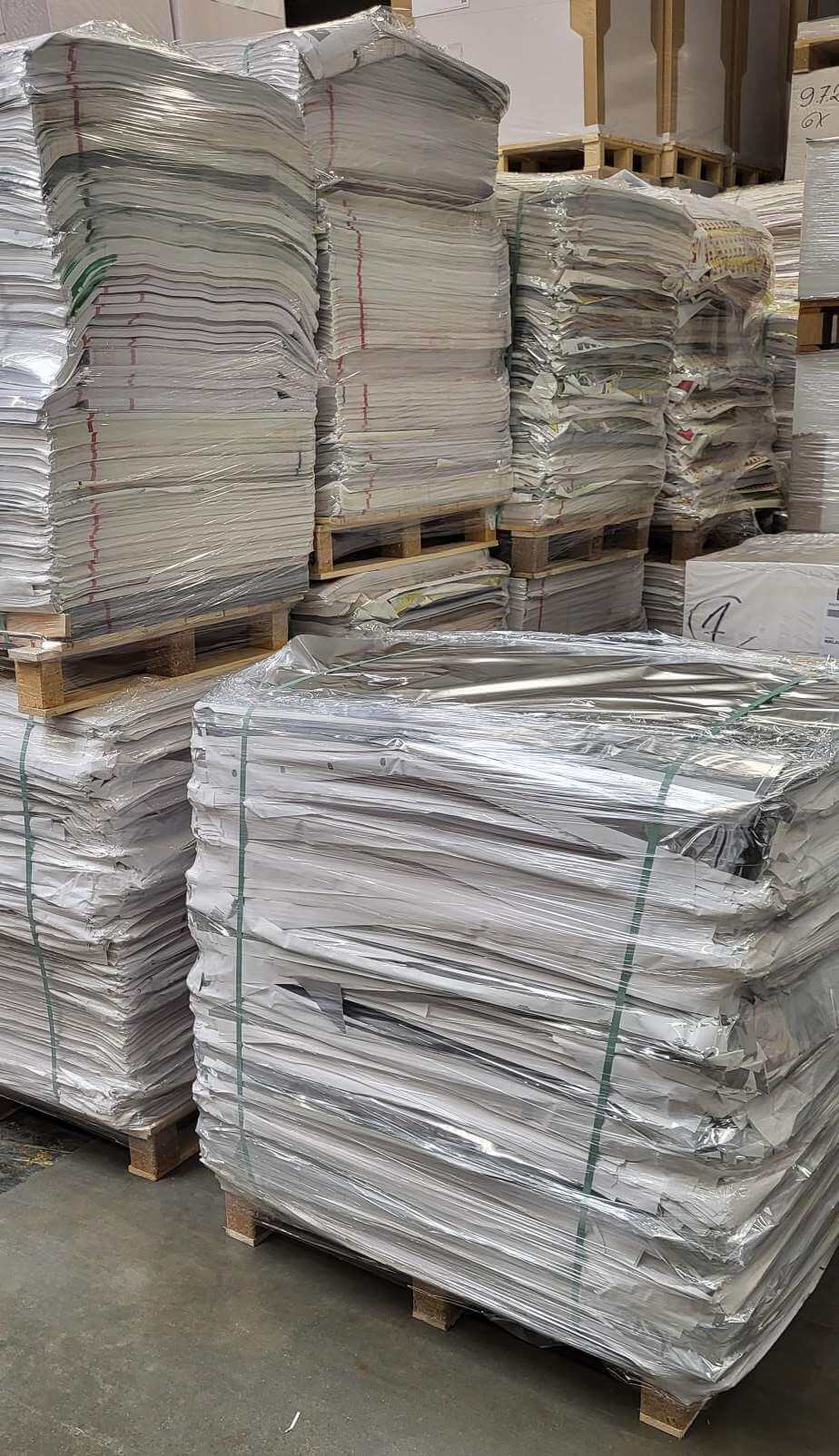NEWS
Find all our latest news here
♻️ Behind the scene of the recycling at Atlantique Packaging Saint-Dié !
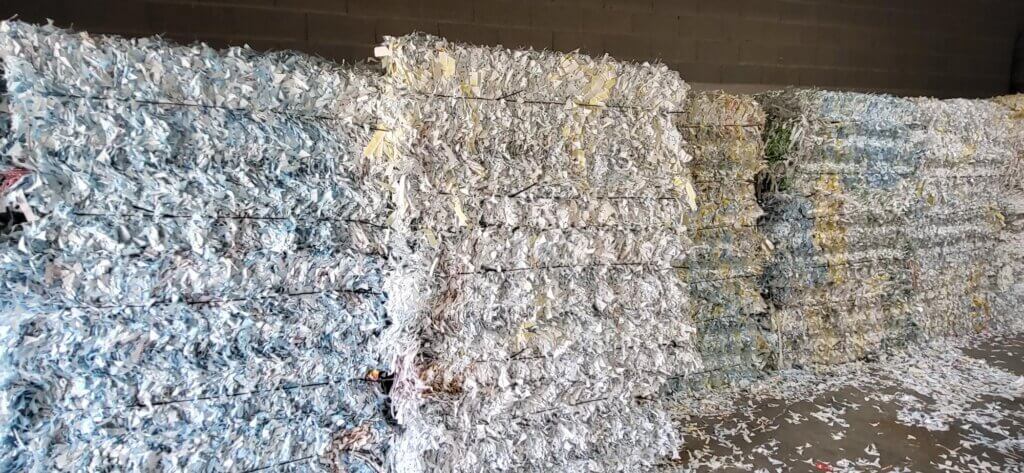
Printing inevitably generates waste, but at AP Saint-Dié, we prefer to transform it rather than throw it away. The teams have implemented simple, effective solutions to reduce their impact and recover as many materials as possible. Recycling, sorting, reusing: they are moving forward on their own scale, with actions that make a difference every day.
💪 What do they actually do?
- Recycled or FSC-certified paper: fewer trees cut, more common sense.
- Vegetable-based inks: no more petrol, now natural.
- On-demand printing: no unnecessary stock, less waste.
- Energy-efficient equipment: to avoid skyrocketing energy consumption.
- A true recycling system: everything is sorted and processed.
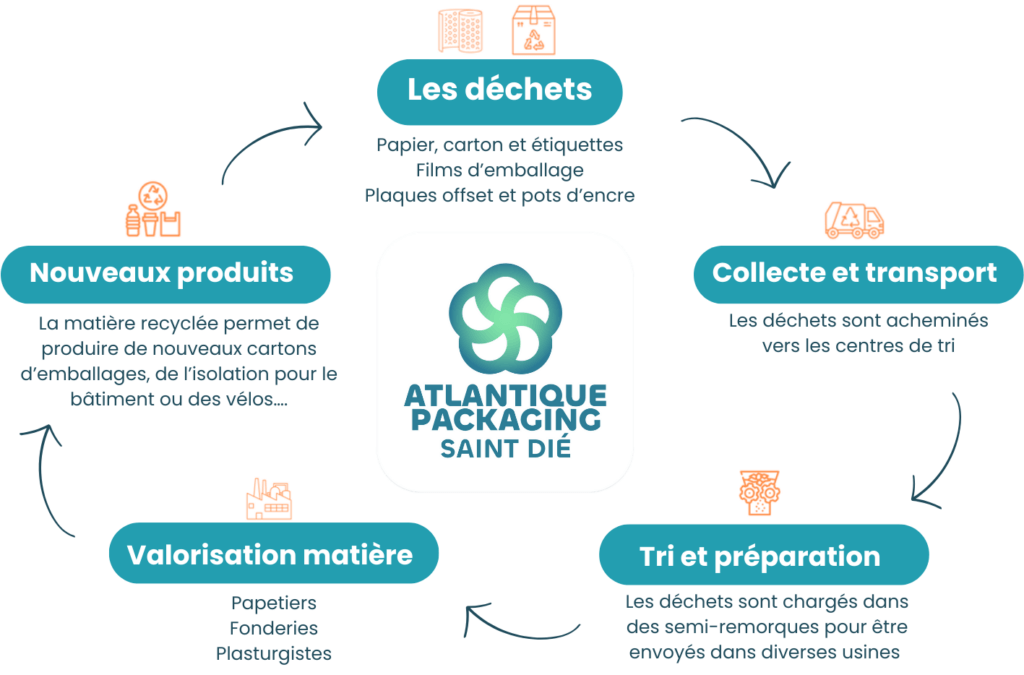
♻️ What happens to their waste?
- Cartons ➡️ become… cartons again.
- Labels and paper ➡️ transformed into insulation for the building industry.
- Plastic films ➡️ recycled into covers.
- Plastic containers ➡️ used to make car dashboards.
- Offset plates ➡️ remelted to make bicycle frames and aluminum objects.
- Recycled ink cans ➡️ recycled in the automotive industry.
>> Key figures
Over the course of a year, several hundred tons of paper are transformed into cellulose wadding for the construction industry.
In 2024, they made it possible to recycle over a ton of offset plate, or just over 500 bicycles.
🌱 Printing, yes. But better.
Matthieu Tack, Operations Manager at AP Saint-Dié: “Printing plants have long been perceived as polluting businesses, but at AP we are working to minimize our environmental impact. And the results are there: our waste is all recycled, our inks are vegetable-based, our paper comes from sustainably managed mills, our energy consumption is under control, and we continue to work in this direction to continually reduce our ecological footprint.”
And at group level, the same ambitions!
As producers of multi-product packaging (flexible, cardboard, self-adhesive and dry labels and IML), our aim is to systematically reduce the carbon footprint of our sites, taking into account the specific nature of each business.
For example, in addition to recycling our waste, our Flexibles plants have integrated the recycling of volatile organic compounds (VOCs) emitted during the printing process directly into their production lines. Each year, this equates to 200 tons of solvents saved per site!
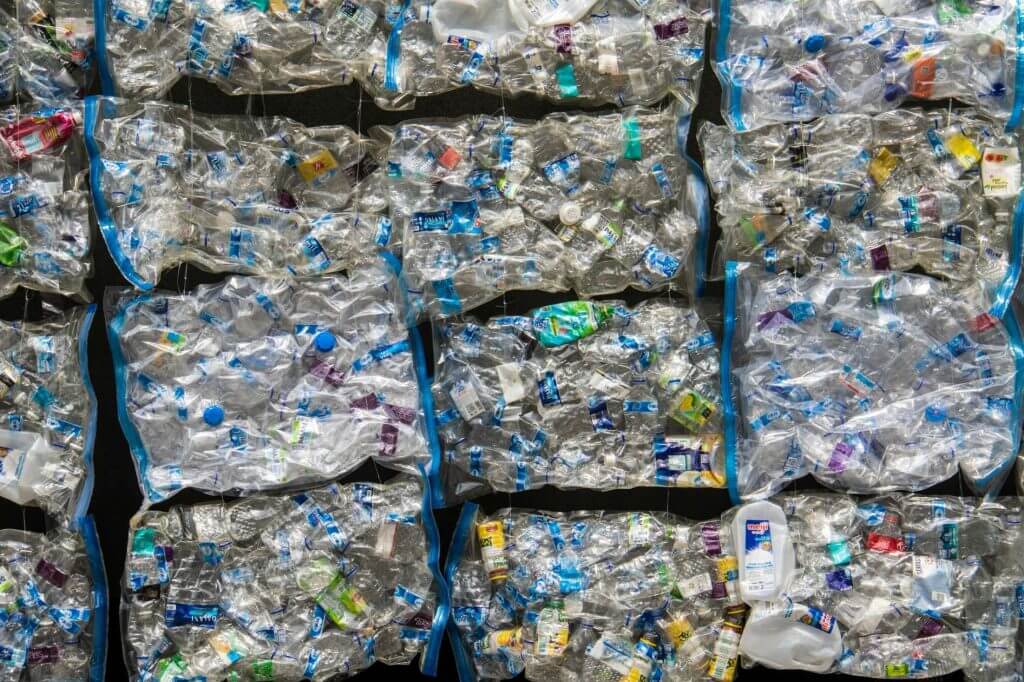
SUSTAINABILITY
As packaging manufacturers, we continuously seek for innovative solutions to address the challenges of packaging waste collection and recycling.
Share this article
OUR LATEST NEWS
Stay informed about our company
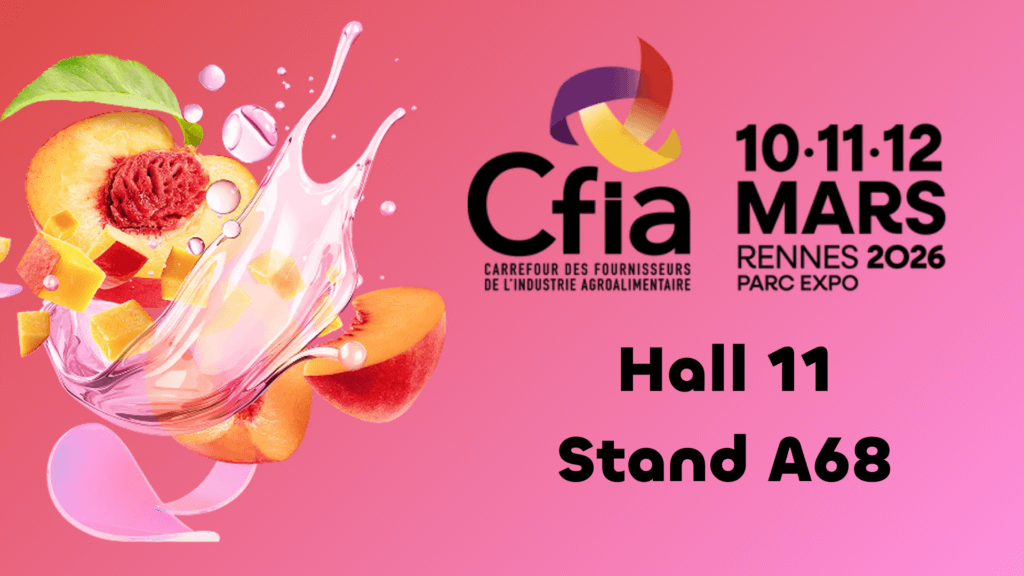
22 January 2026
Discover our multi-product range at CFIA Rennes 2026
CFIA Rennes 2026 is a must-attend event for the food and packaging industries. On this…
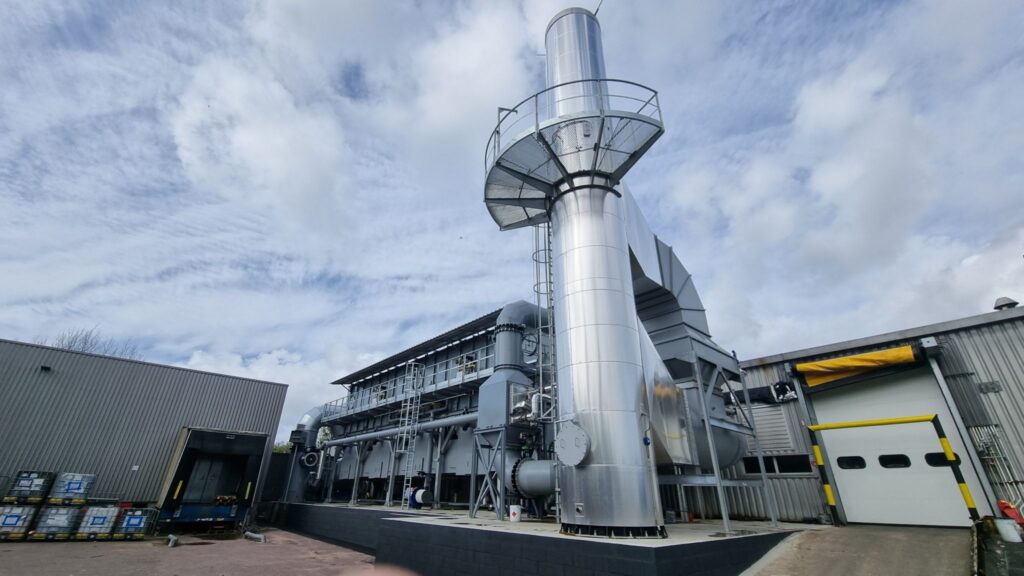
28 November 2025
AP Cotentin: a successful DREAL inspection ✔️
This month, our AP Cotentin flexible packaging site in La Haye-du-Puits was inspected by the…
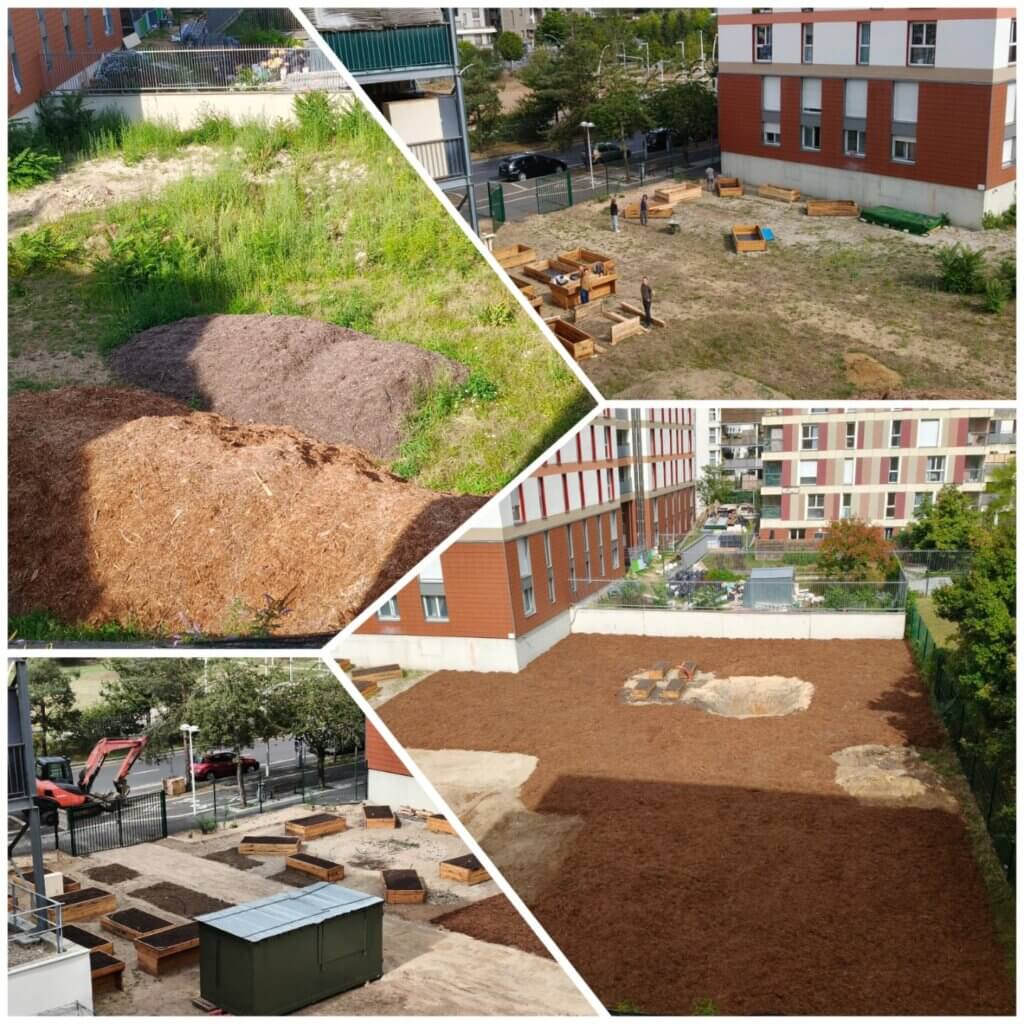
13 November 2025
News from the Nanterre Urban Oasis 🌳
Last weekend, more than 40 residents of all generations and cultures planted around 100 trees…

